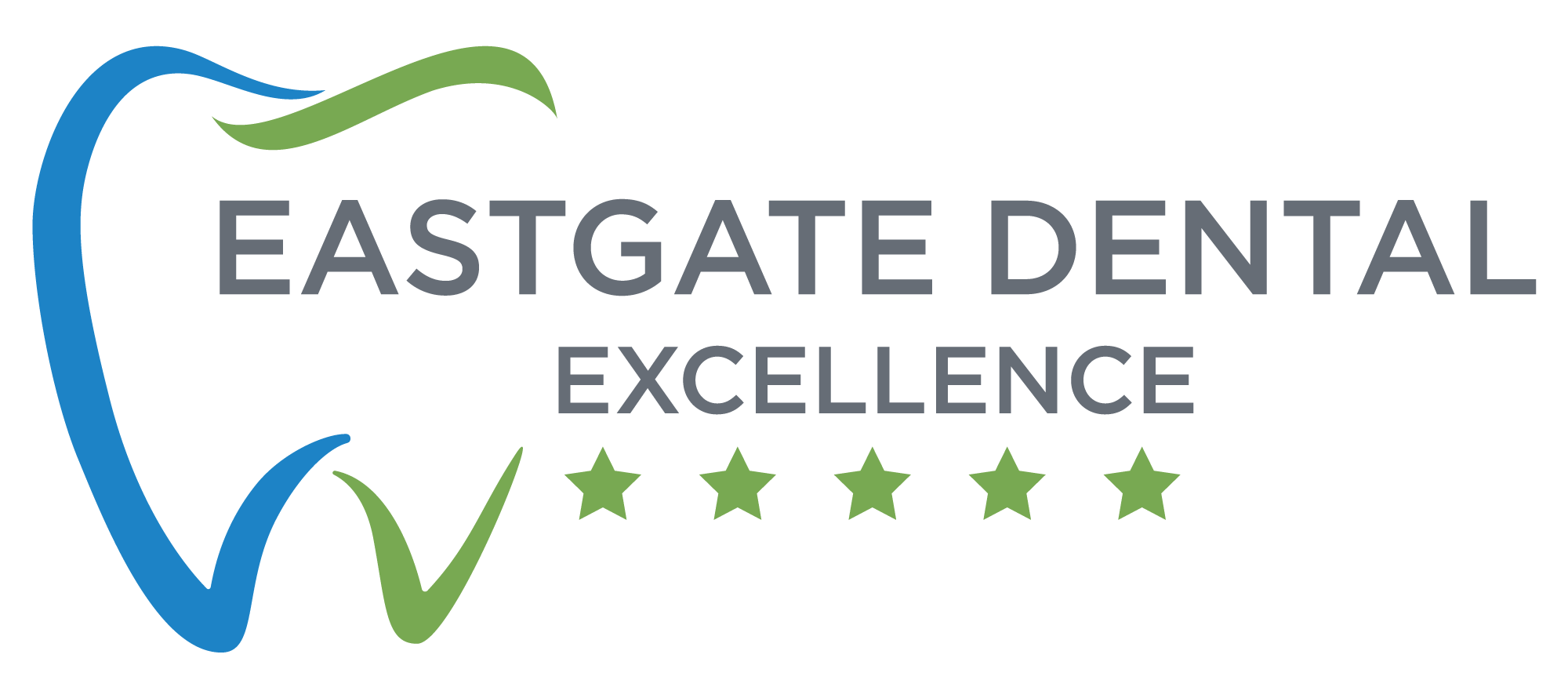According to the Oral Cancer Foundation, oral cancer kills one person every hour of every day, and an estimated 54,000 Americans will be diagnosed with oral cancer just this year.
What Is Oral Cancer?
Cancer is characterized by an abnormal, uncontrollable growth of cells that spreads to and damages surrounding tissues.
Oral cancer is any type of cancerous cell growth that affects parts of the body in and around the mouth including the cheeks, lips, tongue, gums, hard palate, soft palate, the floor of the mouth, salivary glands, sinuses, tonsils, or throat (pharynx).
Signs and Symptoms of Oral Cancer
The most common signs and symptoms of oral cancer include:
- Lumps or bumps in or around the mouth, lips, gums, neck, or cheeks
- Swelling or thickening of these soft tissues
- Rough patches, crusts, or scabs
- Persistent sores on the mouth, neck, or face that do not heal on their own
- Changes in the texture of soft tissues
- Eroded tissues
- Red, white, or spotted red and white patches in the mouth
- Unexplained oral bleeding
- Unexplained tingling, tenderness, pain, numbness, loss of feeling, or other strange sensations in the face, mouth, or neck
- A change in occlusion (the way your teeth or dentures fit together)
- Difficulty swallowing
- A feeling of having something caught in the throat
- Sore throat
- Difficulty speaking, chewing, or moving your jaw
- Hoarseness or a change in your voice
- Ear pain
- Unexplained weight loss
If you notice any of these signs or symptoms of oral cancer or other unusual changes in your health, we strongly encourage you to schedule an appointment with your general practitioner right away.
While no one wants to receive a cancer diagnosis, if you are developing oral cancer, the sooner you receive a diagnosis, the better your treatment outlook. Early diagnosis and treatment are key to successfully overcoming any form of cancer.
Oral Cancer Causes and Risk Factors
Although about 10% of oral cancer cases occur without an identifiable cause, most oral cancer cases can be directly linked to a specific cause.
Alcohol
Excessive alcohol consumption greatly increases the risk of developing oral cancers. Regular drinkers are about six times more likely to develop oral cancer than individuals who do not drink.
Beware of using mouthwashes that contain alcohol, as regular use can also increase your risk of oral cancer.
Tobacco
Individuals who smoke cigarettes, cigars, and pipes are about six times more likely to develop oral cancer than nonsmokers. Smokeless tobacco (chewing tobacco, snuff, or dip) users are about 50 times more likely to develop oral cancers of the gums, lining of the lips, and cheeks than non-users.
While alcohol consumption and tobacco use greatly increase the risk of oral cancer, more than 25% of all oral cancer cases are not linked to tobacco use or alcohol consumption.
Human Papillomavirus (HPV)
The same virus that is responsible for most cases of cervical cancer in women is also commonly responsible for oropharyngeal cancer.
Additional Risk Factors
Additional risk factors include having a family history of cancer, and excessive sun exposure also increases the risk of developing oral cancer, especially exterior cancers of the lips or cheeks.
Oral Cancer Treatments
Like other forms of cancer, treatment depends on each patient’s specific case, stage of cancer, and health history. In addition to supportive therapies, the most common treatments for oral cancer include chemotherapy, surgery, radiation, or a combination.
Oral Cancer Screening at Eastgate Dental Excellence
Like all types of cancer, early detection, diagnosis, and prompt treatment increase survival rates and lead to the best treatment outcomes. When diagnosed early, oral cancer survival rates are about 80% to 90%.
Regular cancer screening is the best way to ensure cancer is detected in its earliest stages.
Screening protocols have been developed to screen for several types of cancers at predetermined ages and intervals (for example, mammograms, colonoscopies, and pap smears), but, despite its prevalence, no recommended screening protocol exists for oral cancer.
Since no official oral cancer screening protocol has been developed to screen patients during their wellness exams for oral cancer, oral cancer screening is largely left to dental care professionals.
At Eastgate Dental Excellence, our dentists screen every patient for potential signs and symptoms of oral cancer during regular dental cleanings and exams. For patients who might be at an elevated risk of developing oral cancer, we can even use a special oral cancer screening light that makes it much easier to identify the earliest signs of cellular changes as they occur in the mouth.
If any potential signs of oral cancer are detected during an appointment, our dentists then provide further instruction for testing, biopsy, and treatment.
To learn more about oral cancer screening or to schedule an appointment at Eastgate Dental Excellence, we welcome you to contact our office today.

